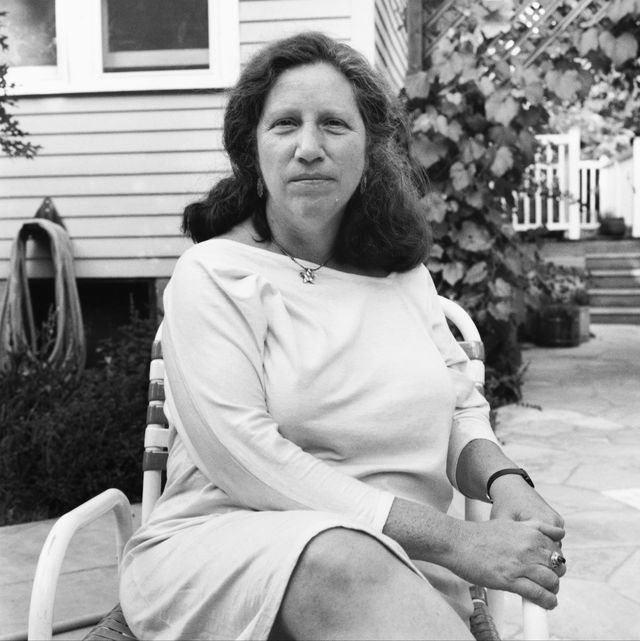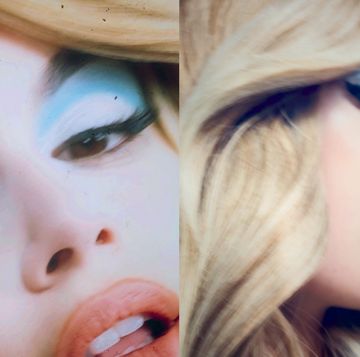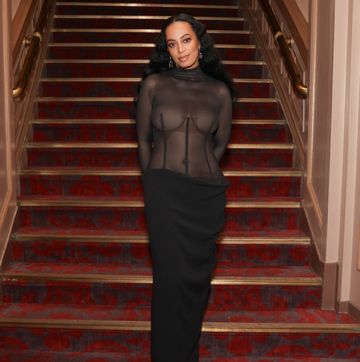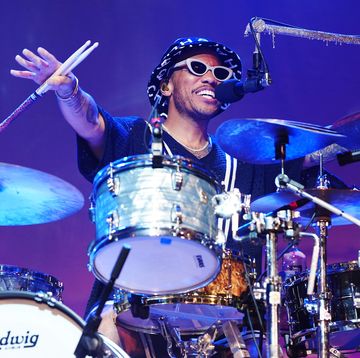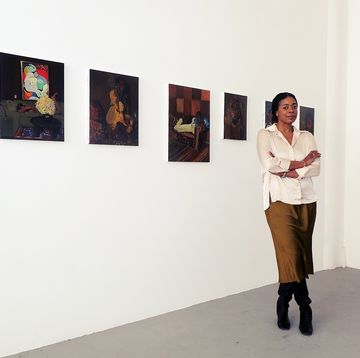Diane Di Prima, one of the few women poets associated with the Beat movement, passed away Sunday, October 25. She was 86 years old.
Di Prima was a member of the Beat generation whose work remains relevant in our current moment of revolution and upheaval. The Beats often wrote in pursuit of liberation, though whose freedoms were afforded was always contentious. Jack Kerouac, who was born a Catholic and died a Conservative, always managed to find a woman to do the cooking while he was on the road. William S. Burroughs, more nefariously, killed his wife in a drunken game of William Tell gone horribly wrong. Theirs are the books associated with the Beatnik movement, more than that of Di Prima, Hettie Jones, Joyce Johnson, or Amiri Baraka (with whom Di Prima had a child).
Yet it is Diane Di Prima who I continue to read, holding a similar fascination in my 30s as I did first reading Beatnik literature in my teens.
One of Di Prima’s best known works is the novel Memoirs of a Beatnik. How she came to write it is indicative of the casual misogyny and spirited irreverence of '60s counterculture. In mid-1968, the prolific poet and playwright, then 34, had just relocated from New York City, where she was born and raised, to San Francisco. In New York, Di Prima had edited the newsletter The Floating Bear with Baraka—work that would get her arrested by the FBI for obscenity (the case was later thrown out). When she arrived in San Francisco, she had missed the Summer of Love by a year, but that news hadn’t seemed to reach the household she shared with 14 other adults, their children, and the rotating cast of hippies and radicals who were always passing through. Few of them worked, and so as it is often left to the mothers of countercultural movements, Di Prima took it upon herself to bring in enough income to afford miso soup and oatmeal for her many housemates.
French publisher Maurice Girodias (famously responsible for publishing Lolita) had hired Di Prima to write sex scenes for the more tepid novels he had purchased, a job she compared to “adding oregano to tomato sauce.” He encouraged her to write a novel of her own loosely fictionalized memoir based on her years spent in Manhattan in the mid-1950s, having dropped out of school to pursue a life as a poet. She sent drafts of her work to Girodias in New York; he sent his notes back to her in San Francisco, which always called for more sex. She complied, enlisting the help of her housemates, having them act out scenes fully clothed just to see which angles and positions were physically possible. The result was Memoirs of a Beatnik, published by Girodias’s Olympia Press in 1969. Many years later, Di Prima would say the book was mostly accurate, “except for the sex parts.”
In real life in San Francisco, Di Prima worked with the Diggers, a group of artists and activists who provided free food to homeless youth who headed to San Francisco at the tail end of the '60s. It was also in San Francisco that Di Prima began to study Sanskrit and Buddhism. All these experiences led to the creation of her most-well known poetry book, Revolutionary Letters, first published in 1971. The poems within it function as both manifestos and how-to guides. This book was part of Di Prima’s life’s work. She most famously read her poem, “Revolutionary Letter #4,” onstage at The Band’s Last Waltz concert in 1976. That poem reads, in part, “Left to themselves people /… / They are not lazy or afraid / They plant seeds, they smile, they / Speak to one another.” She continued to update and expand the collection until 2017.
In “Revolutionary Letter #3,” she advises which dry foods to stock up on in preparation for when the eventual revolution comes; in “Revolutionary Letter #5,” she says to “take vitamin B along with amphetamines.” She imagines a better world, one past capitalism, consumerism, imperialism, environmental exploitation, incarceration, and, in one less convincing verse, psychiatry. Like in Memoirs of a Beatnik, though, her most transgressive writing pictures not just pipe dreams of possibility but the radicalness of existing, right now, in a body alongside other bodies. She was a writer who believed in the future, but more than that, she was a writer who believed in the present.
In “Revolutionary Letter #48,” she wrote …
Be careful.
With what relief do we fall back
on the tale, so often told in revolutions
that now we must
organize, obey the rules, so that later
we can be free. It is the point
at which the revolution stops. To be carried forward later & in another country, this is
The pattern, but we can
break the pattern
//
learn now we see
with all our skin, smell with our eyes too
sense & sex are boundless & the call
is to be boundless in them, make the joy
now, that we want, no shape
for space & time now but the shapes we will
Freedom was not something to be granted or even dreamed about, but rather seized, in whatever ways one could in a decaying society, through sex, art, love, and, above all, community. A revolution was not an event but an ongoing process, something with which to participate in daily, that worked only with the inclusion of many, that she hoped—knew—would continue after her death. It could be found in the pleasures we permitted ourselves outside the throes of capitalism and the ways in which we can, and must, take care of one another.
There are many insights to be gleaned from the Revolutionary Letters—publisher City Lights has thankfully announced plans to rerelease the expanded edition—though for me, the ethos is probably best summed up through the brief but cogent “Revolutionary Letter #26”.
‘DOES THE END
JUSTIFY THE MEANS?’ this is
process, there is no end, there are only
means, each one
had better justify itself.
To whom?
Anna Fitzpatrick is a writer based in Toronto. Her first novel, Good Girl, will be out with Flying Books.
